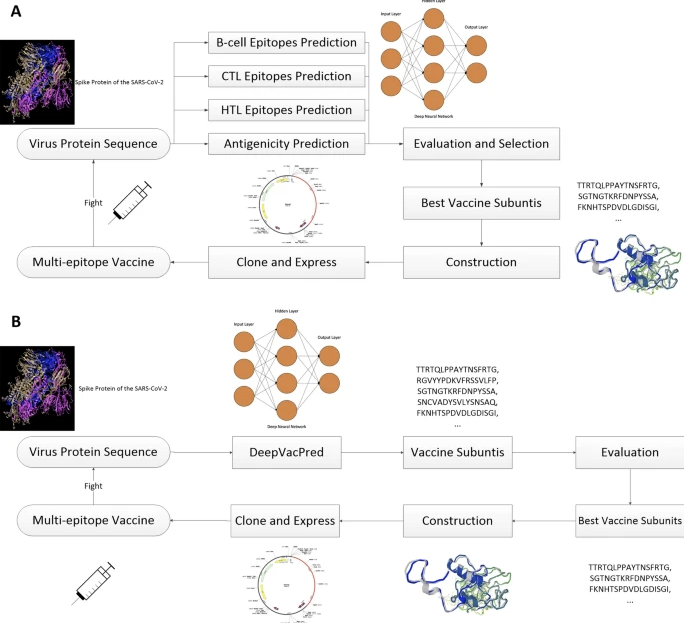
USC’s AI Framework Pushes Back Against COVID-19 Variants

(Rost9/Shutterstock)
Just when vaccines were approved and began to be distributed, COVID-19’s first troubling variants started to rear their ugly heads. The variants, particularly those from South Africa and the United Kingdom, possess troubling traits like higher infectiousness, higher risks of mortality and greater abilities to evade both natural antibodies and vaccines. With that, the next great front of the war against COVID-19 has opened – and as always, cutting-edge technology is on the front lines. Researchers from the Viterbi School of Engineering at the University of Southern California (USC) are now using AI to identify the best vaccines to fend off the new forms of the coronavirus.
Leveraging a massive bioinformatics database called the Immune Epitope Database (IEDB), the team’s machine learning model rapidly assesses vaccines for their efficacy against a given variant of SARS-CoV-2, dramatically compressing a design pipeline that used to take months. In testing, it quickly ruled out 95% of the possible compounds and identified 26 potential vaccine candidates.
“This AI framework, applied to the specifics of this virus, can provide vaccine candidates within seconds and move them to clinical trials quickly to achieve preventive medical therapies without compromising safety,” said Paul Bogdan, an associate professor of electrical and computer engineering at USC and one of the authors of the study, in an interview with USC’s Gary Polakovic. “Moreover, this can be adapted to help us stay ahead of the coronavirus as it mutates around the world.”
After applying the machine learning model, the researchers whittled the resulting 26 candidates down to 11 that they believed could constitute a promising multi-epitope vaccine to attack the virus on multiple fronts. The team believes that the model can be used to design a new vaccine for another virus in less than an hour, including validation.
While this solution follows the remarkably effective vaccines from Moderna and Pfizer, the researchers are confident that it will prove useful as vaccine-makers work furiously to adapt to the new variations. “The proposed vaccine design framework can tackle the three most frequently observed mutations and be extended to deal with other potentially unknown mutations,” Bogdan said.
There’s also room for expansion: the scientists limited themselves to one B-cell epitope and one T-cell epitope, but casting a wider net and allowing for more possible combinations could allow for the design of even more multifaceted vaccines to tackle yet more challenging mutations.
The paper, written by Zikun Yang, Paul Bogdan, and Shahin Nazarian, was published in Scientific Reports and is accessible here.
































